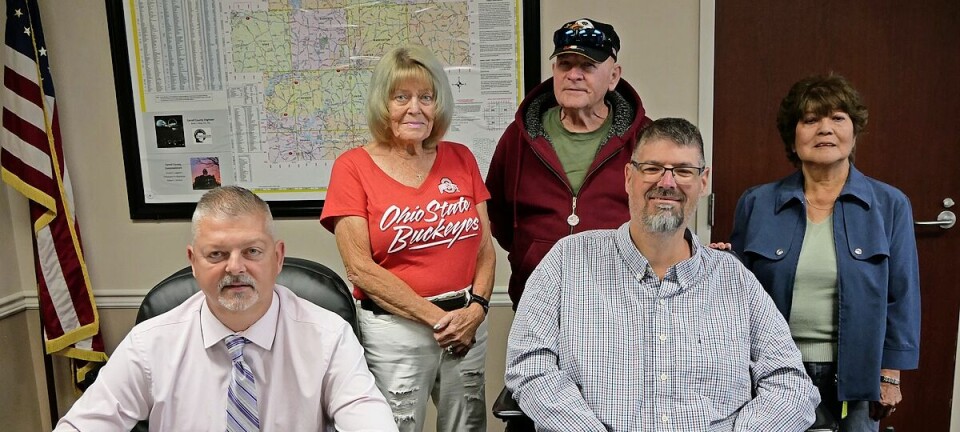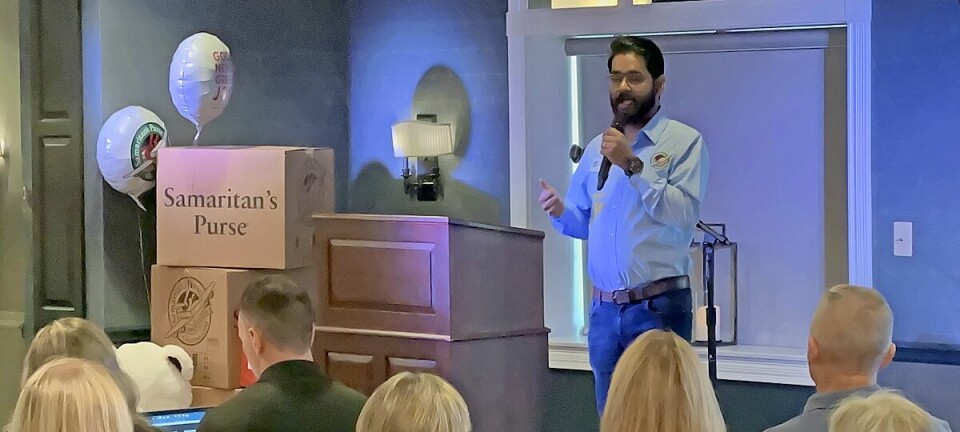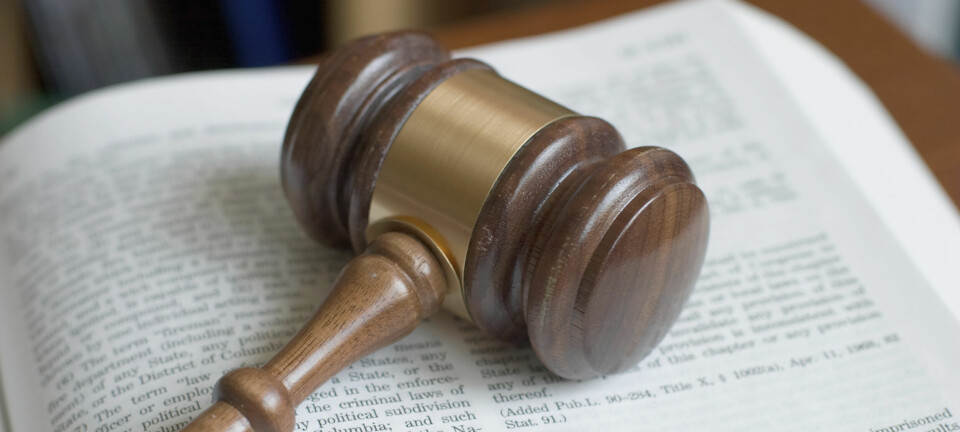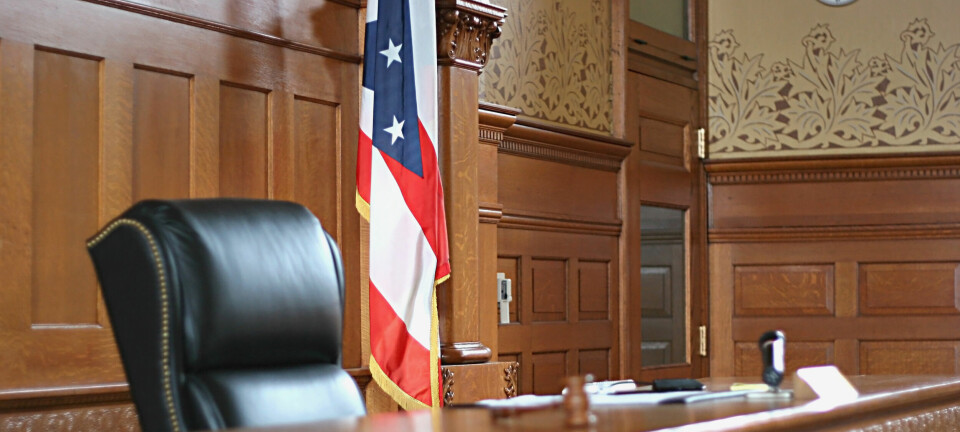Letter calling for more policing downtown misguided

Letter to the Editor:
The recent letter (June 13) about the downtown square misidentifies the problem by a mile, and its call for more policing is not only ineffective, but cruel. More policing — especially policing of disadvantaged populations — is especially tone-deaf, given the protests that have persisted in this country and in Wooster over the last several weeks that are calling for a re-evaluation of our commitments to equality.
Police priorities are being re-evaluated all over the country, so it seems especially petty to direct their attention to occasional noise and alleged graffiti in a public space. We have bigger issues to solve including the more difficult ones of inequality and lack of support for people that need it, precisely the people the letter writer vilifies.
Calling for more policing, especially without any effort to address the systemic causes of homelessness and mental-health support and other underserved needs, is just the latest example of how the particular interests of a small minority of people are consistently elevated over the needs of all of us as a community. Has the letter writer considered seeing people on the square as her neighbors? As people who have names and can offer friendship, even to her?
Besides the callous personal approach the letter writer displays, the purpose of city government is not to only cater to those who prioritize their own preferences over the well-being of others. A recent example is the city removing the tables and chairs so no one is able to use them simply because of a handful of complaints about how a small number of people were using them. Is that really what’s best for all?
As for the unsubstantiated accusations the writer levels against people who gather on the square, they are just that: unsubstantiated. They also are likely insufficient to bring charges; otherwise, the police, whose intervention she summons, would likely already have taken action.
Lastly, making the square a public park instead of preserving its status as a public space is a step that not only misses the root causes of endemic issues that we face as a city, but also has negative consequences for every single resident. It would be an erosion of public space for all — a space that can be used for leisure time, political activism or a respite from the busy world. Instituting a closing time and stricter regulations on how it can be used and by whom will make us all worse off, not just those who will have been displaced by city policy yet again.
The letter is truly an example of putting one’s individual comfort — even prejudices — over the common good. I hope we can do better as a community.
Desiree Weber
Wooster

























